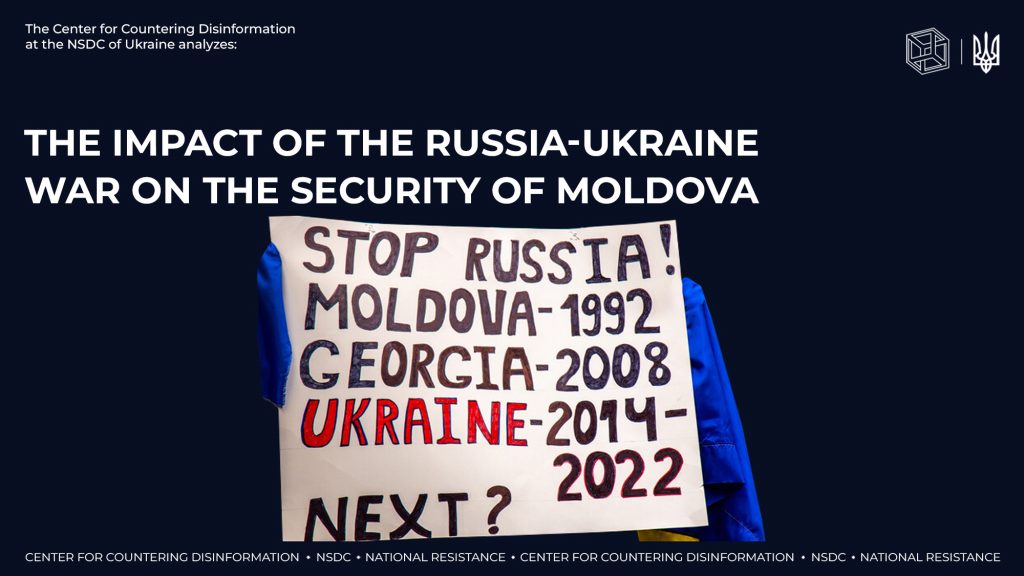Since the beginning of the war, about half a million Ukrainian refugees have crossed the border of Moldova, and 100,000 have remained in the country.
The current pro-European leadership of the Republic of Moldova condemned russia’s war against Ukraine, but refused to join the anti-russian sanctions. The Moldovan President, Maya Sandu, believes that joining the anti-russian sanctions may threaten the gas supply to Moldova, and at the same time will not harm russia.
“PMR” does not pay the russian federation for gas consumed, and the debt to “Gazprom” is transferred to Chisinau. Currently, it is almost $7.4 billion. Moldova pays double the price to its separatist region for gas and electricity. Therefore, Moldova’s dependence on russian energy resources is indeed a problem.
Public opinion in Moldova is completely dominated by a pro-Western views. And Moldova’s accession to the European Union is supported by about two-thirds of the country’s residents. The vast majority of Moldovans support and sympathize with Ukraine. However, according to sociologists, almost a quarter of the population supports russian aggression.
The results of polls about the war almost repeat the results of last year’s parliamentary elections – then 53% voted for President Sandu’s pro-European “Action and Solidarity” and 27% for the pro-russian Bloc of Communists and Socialists.
Branches of russian TV channels and the media policy of the channel “Primul in Moldova”, which is associated with ex-socialist president I. Dodon, spread russian propaganda. These channels were fined by the regulator for biased coverage of events in Ukraine.
According to the narratives of pro-russian propaganda sources, “in the event of an attack by Moldova on Transnistria”, social and political destabilization of Gagauzia is expected in order to separate this region from Chisinau.
Due to the influence of ex-president I. Dodon on the separatist pro-russian sentiments of part of the population, the Moldovan Prosecutor General’s Office opened a criminal case on suspicion of corruption based on the video footage of the meeting between I. Dodon and the former leader of the Democratic Party V. Plahotniuk.
Currently, the fugitive Moldovan oligarch V. Plahotniuk, with a fortune of $2-2.5 billion, is accused of money laundering, organization of a criminal group, extortion and fraud. Earlier, I. Dodon denied his connections with the richest man in Moldova. The arrest and search were so unexpected for him that his accomplice tried to swallow the physical evidence.
Given the systemic comments of russian propagandists, the arrest of I. Dodon became an unexpected and effective counteraction to pro-russian separatism in Moldova.
President Maya Sandu finally stated in the European Parliament that the russian military should leave Transnistria, as they violate the republic’s neutrality. But the sovereignty of the Republic of Moldova under the conditions of being in power of the pro-European government does not satisfy the kremlin, even under the condition of the country’s neutrality. The occupiers have already announced plans to introduce russian troops to Transnistria in the event of establishing full control over Donbas and southern Ukraine.
Thus, the fate of Moldova’s independence directly depends on the course of the russo-Ukrainian war. Currently, the budget of the 7,000-strong army this year is up to $47 million. The Moldovan army needs to be equipped according to NATO standards in order to prevent a russian attack. Due to the threats posed by the presence of russian troops in the Transnistrian region, the settlement cannot be an internal issue of Moldova, but a security issue for the whole Europe.










